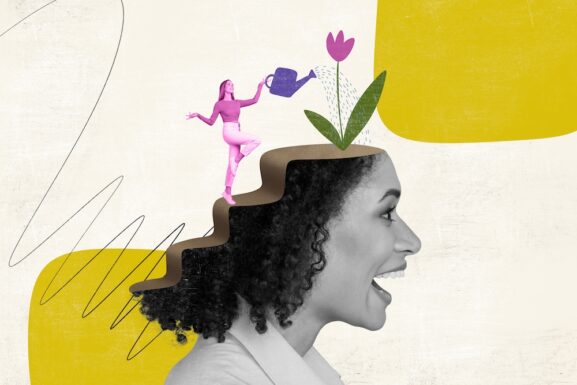Psychedelic Drugs Are Booming… Don’t Expect That To Change
After years of being a taboo topic, psychedelic drugs are having a moment. More and more people are talking about them, recognizing them as a potential option for mental health issues and chronic pain.
Well-known leaders such as Steve Jobs, Peter Matthiesen, Dr. Andrew Weil, and even The Beatles have either experimented with or habitually used psychedelics. Many other scientists, inventors, writers, business figures, artists, and people in the tech world report the same.
The reasoning for microdosing psychedelics is the belief in their benefits. These include sharpening focus and concentration, improving mental clarity, increasing productivity and motivation, and decreasing stress and anxiety. Most of the aforementioned people even tie success to an improved ability to deal with stress during their professional journey. As a result Psychedelic Drugs Are Booming.
From positive remarks to the latest research, it’s no wonder psychedelic drugs have become a booming topic. It appears their popularity will only continue to grow from here.
RELATED: Brain Damage From Alcohol May Be Reversed By Using Magic Mushrooms, Per Study
What Way It Is Said That Psychedelics Can Help ?
Although the path has been rocky, psychedelics are becoming a trend that’s hard to ignore — especially when looking for alternative mental health treatment.
It’s no secret that daily stress is getting greater by the minute. Global issues like the ongoing COVID-19 pandemic, massive job cuts, and environmental disasters have made mental health worse. Naturally, people are looking for new ways to cope with these negative situations.
With the connections between psychedelics and depression, psychedelic drugs have become the new Google search for many people. Desperate to take back control of their lives, these powerful drugs may offer hope.
The power of media has helped provide useful information about these drugs. From discussions about psychedelic therapy to eliminating the topic as being taboo, psychedelics might become a legitimate option for those who need them.
In 2020, Netflix stepped up with their documentary Have a Good Trip: Adventures in Psychedelics, which dives into the world of psychedelic drugs. In the film, celebrities recount psychedelic trips, and psychedelic researchers explain the science behind the drugs. It brought to light interest amongst the Netflix audience, offering relatable information about them.
RELATED: Microdosing MDMA: What Research Says About Doing It For Mental Health Issues
Is There Actually a Bright Future For Psychedelic Drugs?
There have been discussions about whether microdosing should become a legalized treatment for those who could benefit from it.
However, there are valid arguments against doing so, which can be seen below:
- A lack of trials
- A small number of participants in said trials
- The classification of psychedelics as hallucinogen drugs and a high risk of potential overdose if not used correctly
- The controversy of using hallucinogenic drugs to affect brain cells and unknown consequences
- A lack of people certified to administer them
- A lack of overall information about psychedelics available to the general public
Still, positive results from early trials have put pressure on governments around the world. It’s clear people have taken to psychedelics as a treatment method, especially relating to mental health problems. This is why many privatized institutions have begun conducting studies, aiming to show the potential and efficiency of psychedelic drugs.
In 2020, legalization of supervised psilocybin in Oregon was a momentous step forward. This will help treat conditions for people dealing with things like depression, anxiety and even addiction.
It’s clear that the future of psychedelics is looking bright. As preconceived stigmas fade, it’s only a matter of time until other states and countries explore their treatment potential.
RELATED: How Morgan Stanley’s Research Impacts The Future Of Psychedelic Investment
Are All Psychedelic Drugs The Same?
One of the biggest questions that psychedelic drugs face is whether or not we should treat them the same. Is psilocybin the same as LSD? Can ketamine assistance be just as successful as ayahuasca? Are they all equally safe? What (if any) are the side effects or long-term consequences?
From their structure to dosage to any actual side effects, each drug requires different treatment therapies. While some yield more success in the field of depression and anxiety, others tackle alcohol addiction and PTSD.
Even so, some psychedelics (like magic mushrooms) are thought to be safer than others when taken properly. That’s why most studies lean towards these first, hoping they open doors for more research and trials to include other types.
There’s still work and research to be done before more legalizations follow. But, for now, it’s important to dig deeper into the psychedelics that display real, large-scale positive results. Offering alternative treatment options like MDMA therapy or ketamine infusions have shown early promise.
Psychedelic drugs are certainly trending, so expect them to continue to grow in popularity. The question now shifts to how quick they progress in order to help treat an ongoing global mental health crisis.



